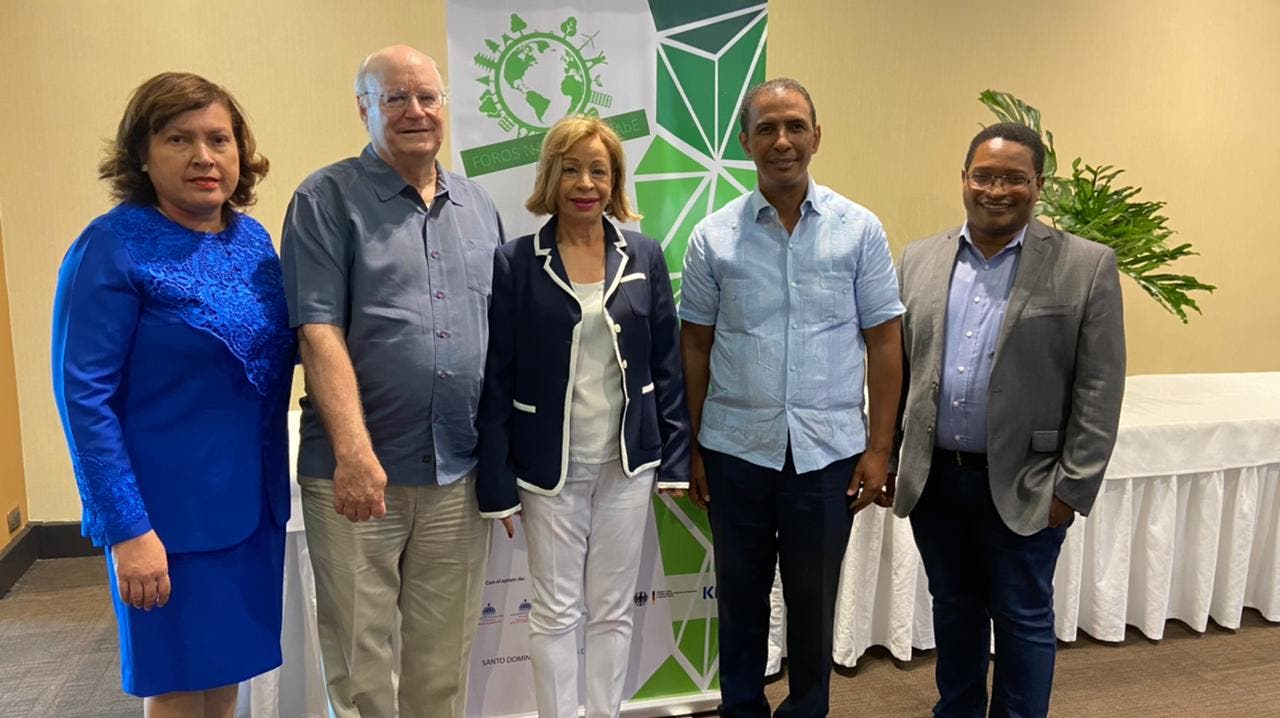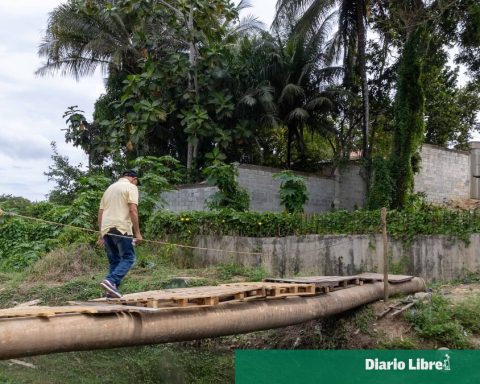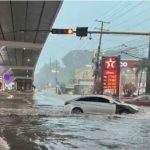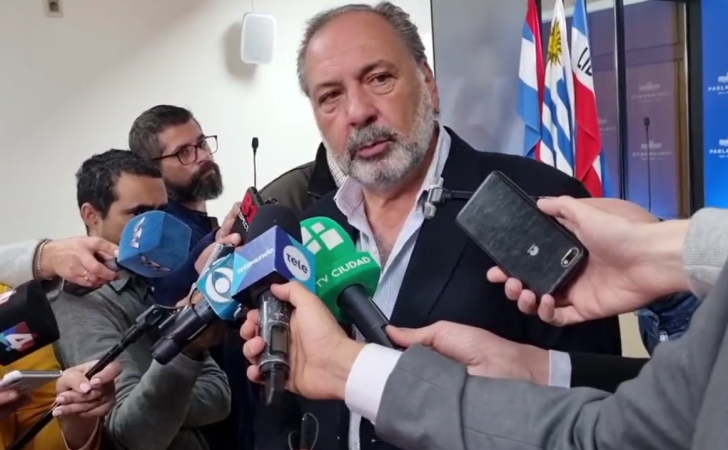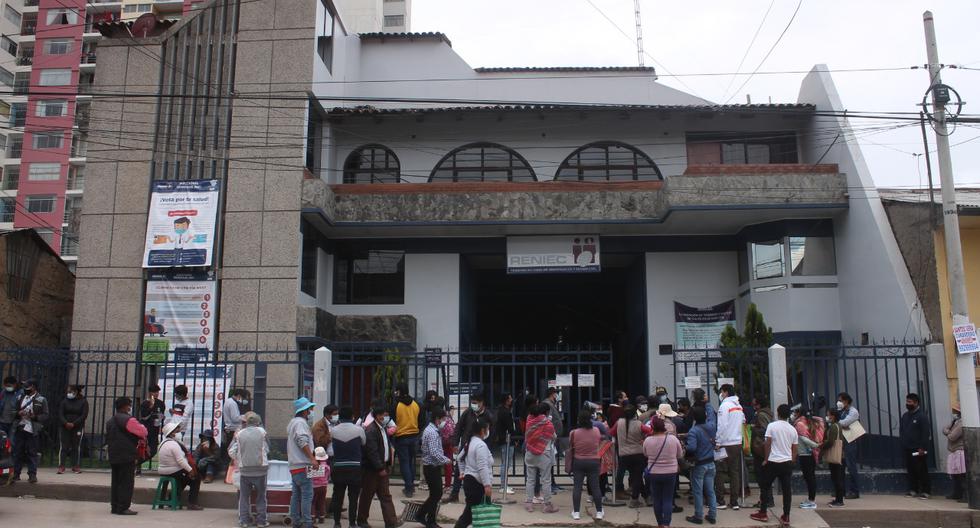Santo Domingo.- David Luther, executive director of the Dominican Institute for Integral Development (IDDI) recalled that since 1979, after the passage of Hurricane David and Storm Federico, Dominican society has seen the need to work on risk prevention and even more so when today we know that the Caribbean is the most vulnerable region in the world, that the Dominican Republic, according to Climate Watch, is the 12th most vulnerable country and shares the island with Haiti, which is the sixth.
These statements were made within the framework of the National Forum “Adaptation, Vulnerability and Climate Risk Management” coordinated by the IDDI together with public and private institutions that make up the Climate Action Platform in the Dominican Republic, with the aim of promoting dialogue and learning between public, private and social actors, on the challenges of climate change for the Dominican Republic.
The event was moderated by Domingo Contreras, president and founder of the Atabey Innovation Center, and featured talks by José Elías Gonzáles, Deputy Minister of Forestry Resources of the Ministry of Environment and Natural Resources, Pedro Zuccarini, Planning Director of the IDDI and of Gabriel Gualano Godoy, head of mission of the United Nations Refugee Agency (UNHCR),
David Luther, executive director of the IDDI, explained that the purpose of organizing thematic forums is to accompany public, private, academic and social institutions so that they have spaces for reflection that allow them to share experiences and good practices that strengthen prevention, mitigation and prevention plans. and response of risk management in the country, and that they remember the enormous challenges that the Dominican State has to face meteorological phenomena.
For his part, José Elías Gonzáles, Deputy Minister of Forest Resources of the Ministry of Environment and Natural Resources, emphasized the efforts that the institution makes to strengthen all its environmental agents in the country with training and updates to guarantee better conditions in the face of vulnerabilities. climatic conditions in the micro-basins of the entire national territory.
During the meeting, the understanding of the Paris Agreement and the available national instruments was deepened, especially the Determined Contributions of the Dominican Republic to achieve the national goals before the paris agreement, in addition to the National Adaptation Plan, the National Biodiversity Strategy and the National Strategy for Disaster Risk Management, including in the discussion the point of progress of institutions, barriers, challenges and opportunities in relation to risk reduction, protection of critical biodiversity and adaptation to climate change .
The activity also included the participation of the deputy ministers of the Ministry of the Interior and Police, Civil Defense, Ángela Jáquez and Milly Pérez, as well as institutional representatives from the Ministry of Economy, Planning and Development, Civil Defense, the National Meteorology Office, the District Council National and the Provincial Table for Adaptation to Climate Change of San Cristóbal, in addition to academics from the Autonomous University of Santo Domingo and the Technological Institute of Santo Domingo INTEC.//
Main photo (ID): Pedro Zuccarini, José Elías González, deputy minister of the Ministry of Environment and Natural Resources, David Luther, executive director of the IDDI and Gabriel Gualano Godoy, head of UNHCR Mission, as well as Rafael Berihuete, an expert on climate change.
Standing: Deputy Ministers Ángela Jáquez and Milly Cuevas from the Ministry of the Interior and Police, together with David Luther, Executive Director of the IDDI, Domingo Contreras from the Atabey Foundation and Rafael Berihuete, an expert on climate change.
